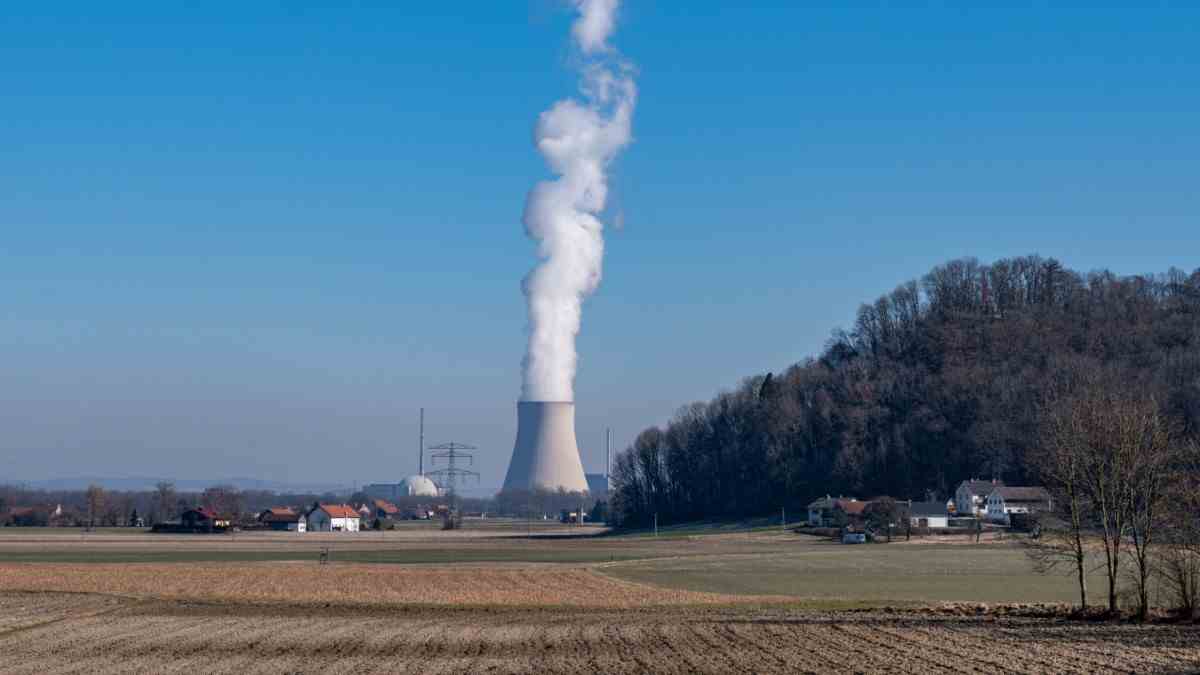It could soon be too late to extend the service life of the Isar 2 nuclear power plant near Landshut. In an expert hearing in the state parliament, site manager Carsten Müller said on Thursday that politicians had to make a decision by the end of May – after that the power plant, which is scheduled to shut down at the end of 2022, “can no longer change course”. It was “highest level,” said Müller, who works for the Eon subsidiary Preussen-Elektra, which operates Isar 2.
Enough uranium can still be procured and the necessary personnel brought to Bavaria from other power plants that have been shut down. However, it takes time to organize this, said Müller. “If no decision is made this month, from our point of view, facts have been created that are irreversible.”
The background to the panel of experts in the state parliament: For a few weeks now, the state government has been demanding that the three remaining German nuclear power plants run for another three to five years and that the end of nuclear energy planned for the end of 2022 be postponed. The CSU and Free Voters see this as an opportunity to dampen the energy crisis and become more independent of gas supplies from Russia. However, Bavaria cannot postpone the nuclear phase-out on its own. Only the federal government could regulate that.
An unjustified “risk increase”
The federal government, in turn, again rejected the demands from Bavaria on Thursday. “We see an increase in risk in a lifetime extension, which is not justified in view of the power supply situation,” said Gerrit Niehaus, head of the nuclear safety department at the Federal Ministry for the Environment. He sees imponderables, since certain safety checks of the nuclear power plants for the period after 2022 have not been carried out for a long time due to the planned phase-out of cars. Since these tests usually stretch over several years, you can’t just make up for them in the short term, said Niehaus.
One could also do the safety checks “now”, “during ongoing operations,” said Ludwig Kohler, head of the nuclear department at the Ministry of the Environment. The state government stands “without ifs and buts to exit”, but it is about an “emergency situation”.
The Federal Network Agency, on the other hand, sees hardly any benefit from nuclear energy. “The contribution to feeding in gas is marginal,” said their representative Johannes Kemper, who also sees no power bottlenecks for the coming winter. “Much more decisive” is the expansion of renewable energies instead of “remaining in the old world,” said Kemper – and made Bavaria responsible. The Free State must say goodbye to the 10-hour distance rule for wind turbines as well as its “aversion to grid expansion”, which stands in the way of a secure power supply.

